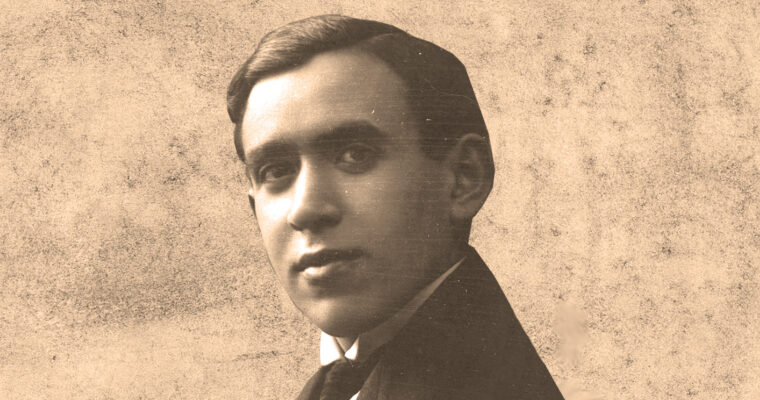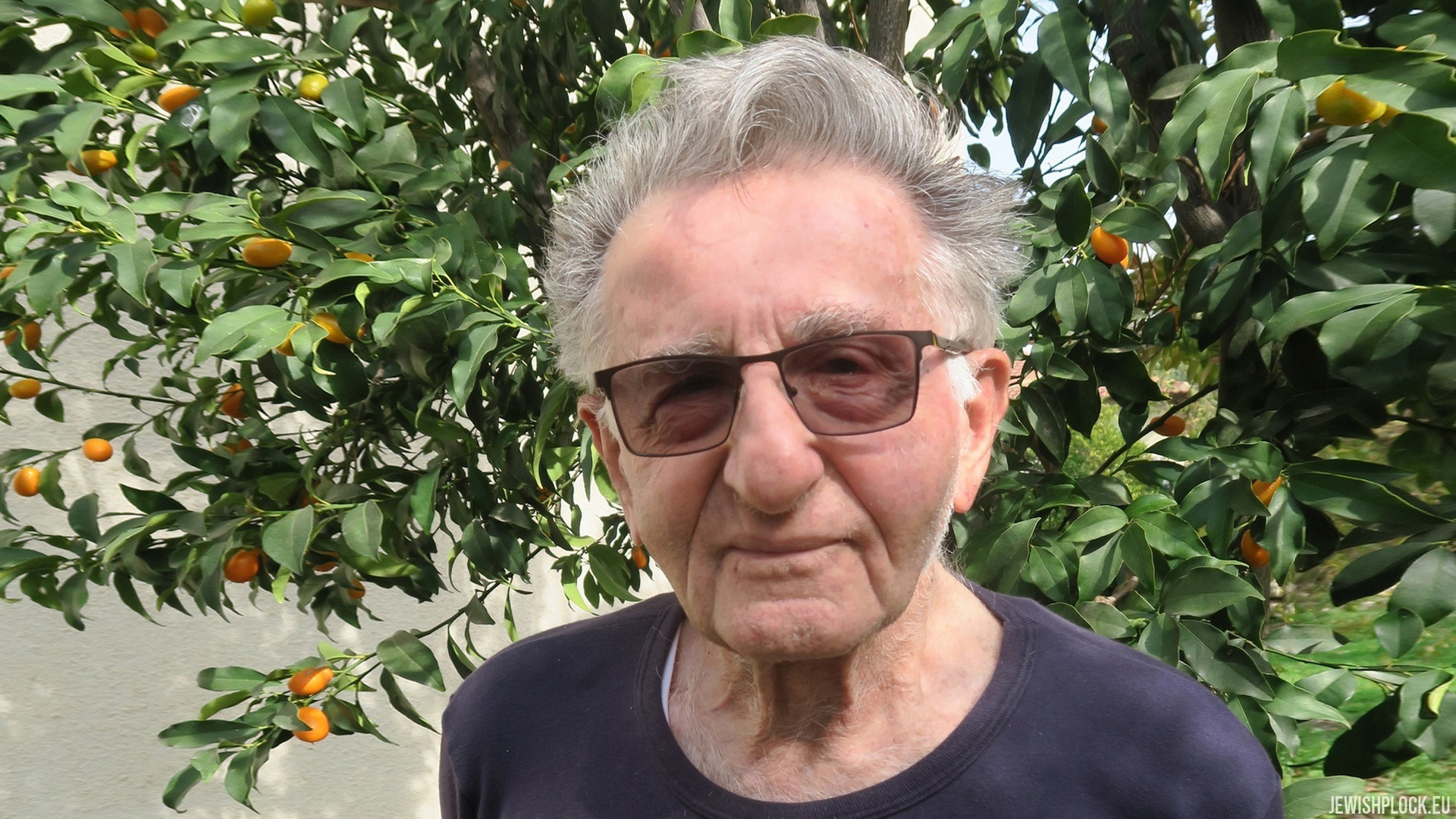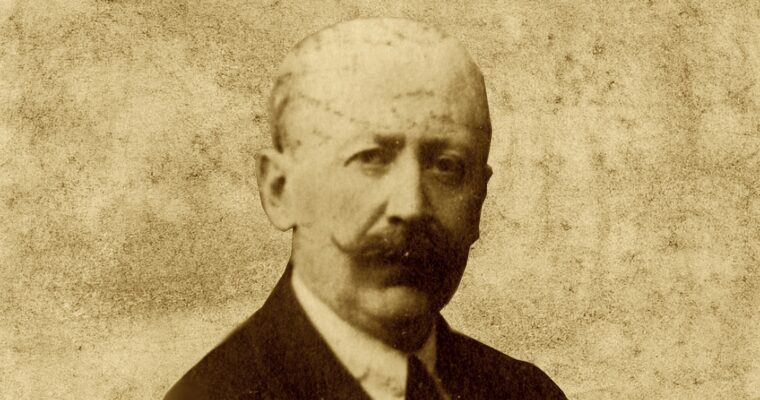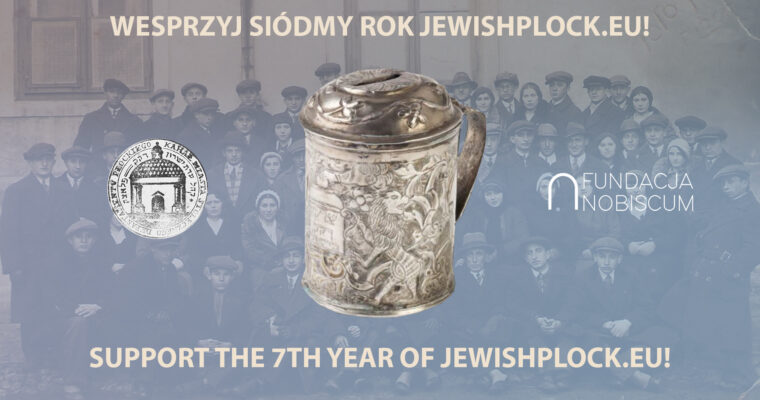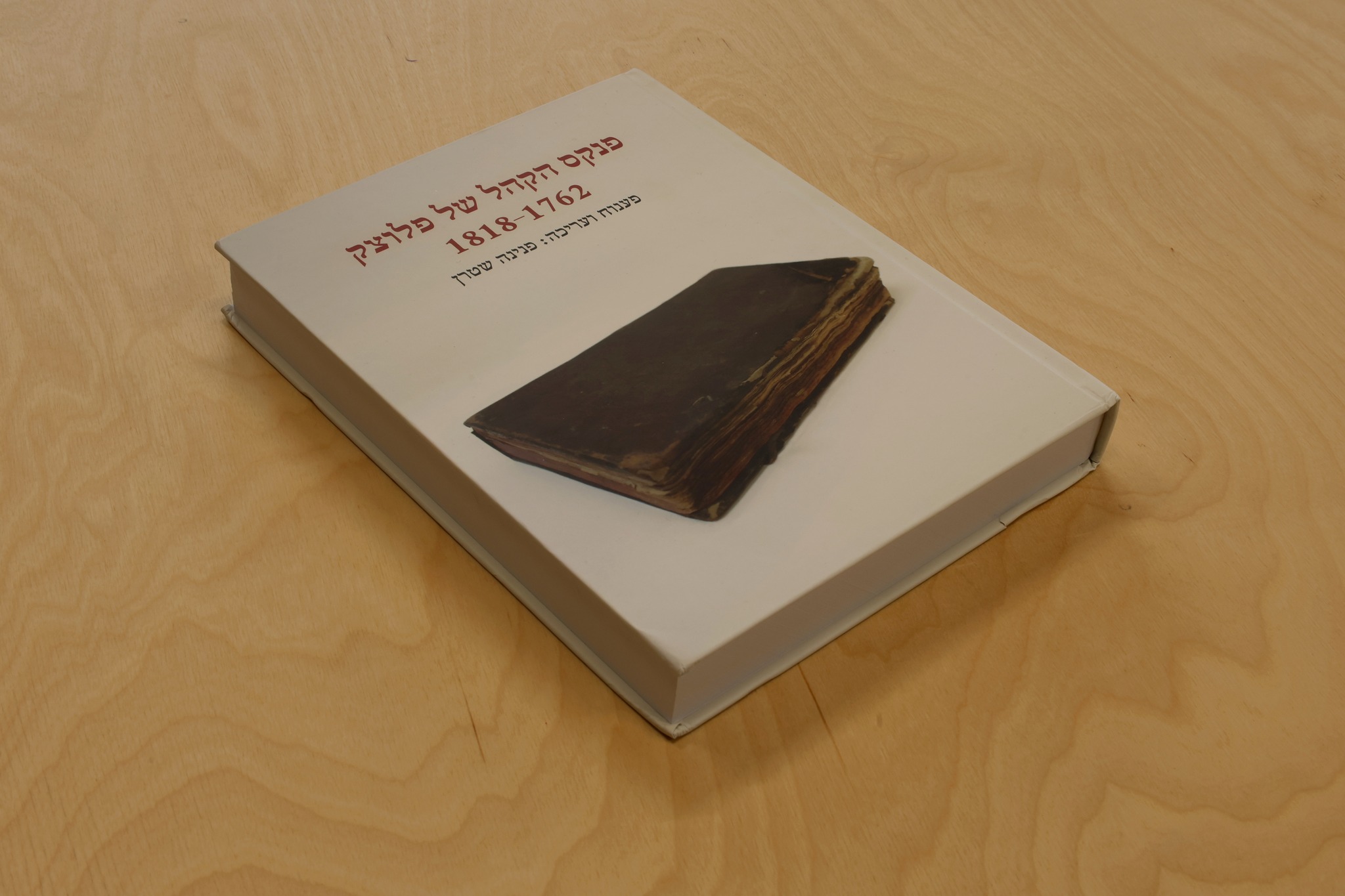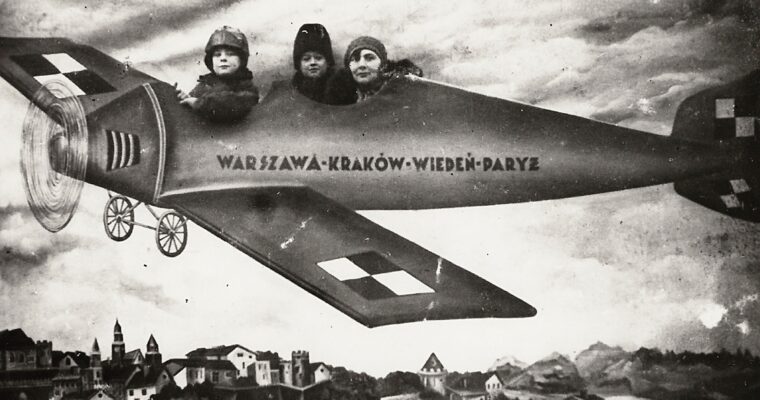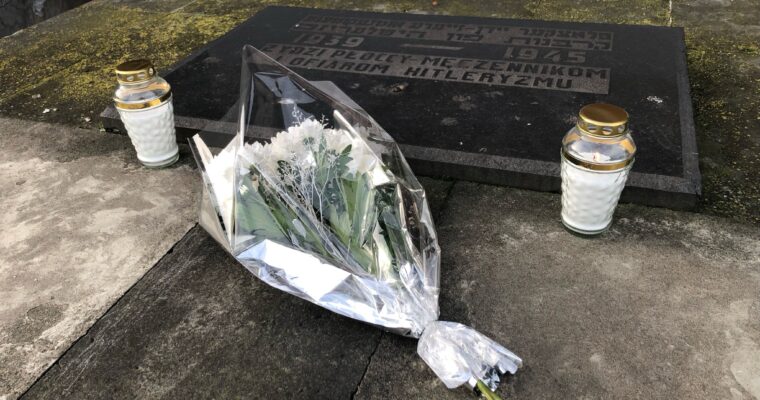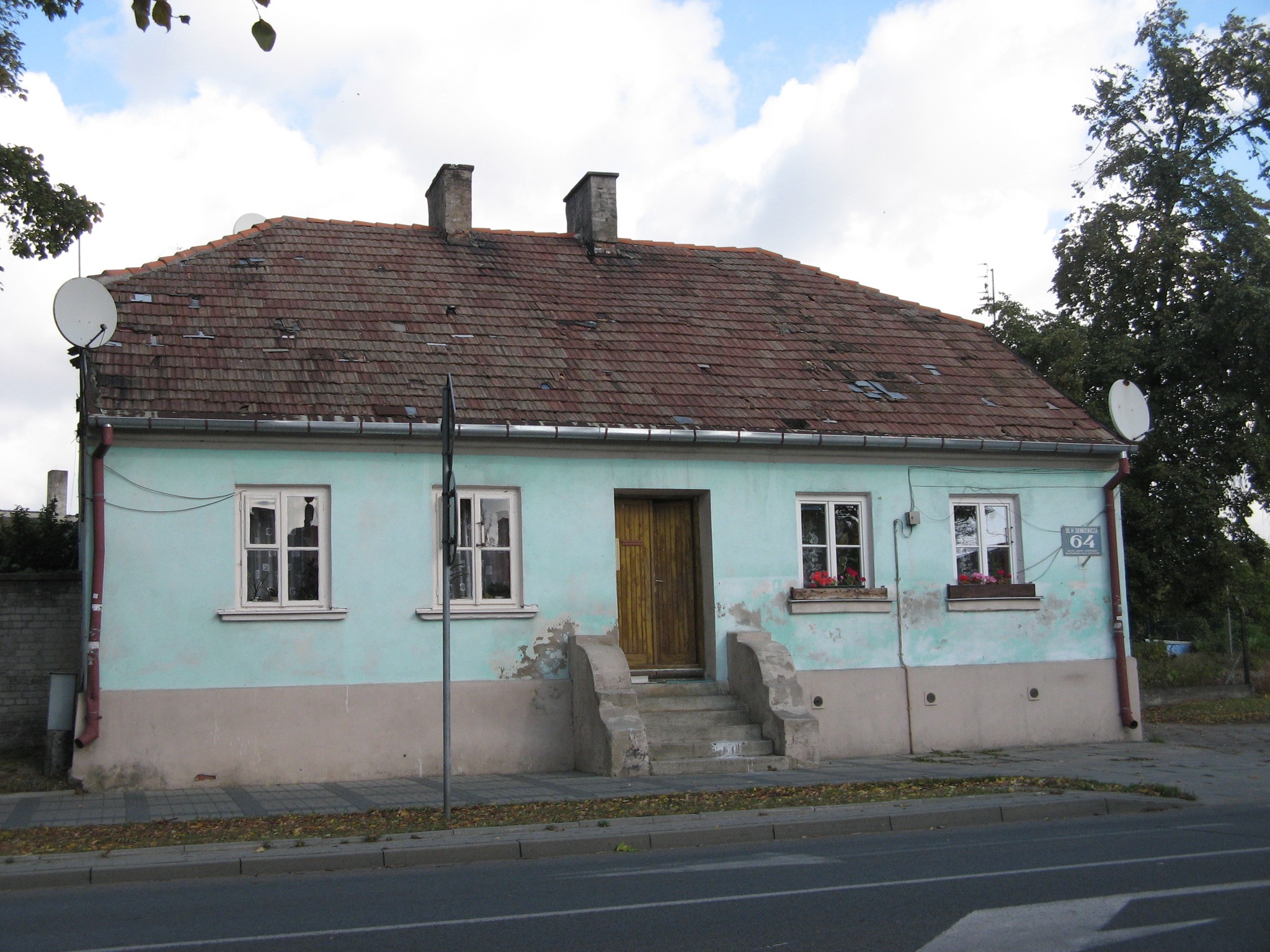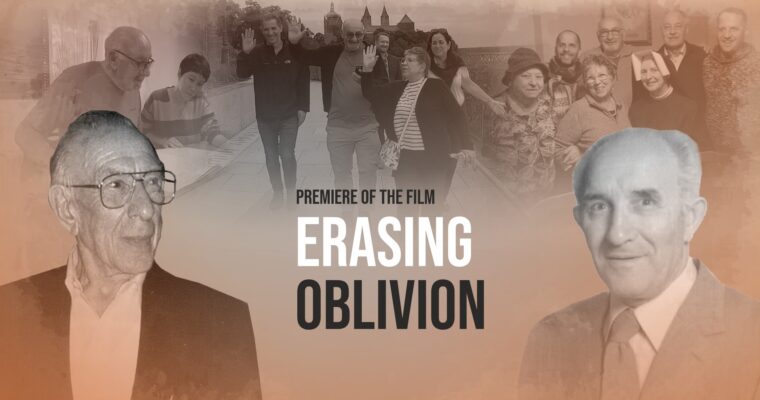An extraordinary publication on the history of the Jews of Płock has been published – it is a source study of the “Pinkas Hakahal” – chronicle of the Jewish community in Płock in the years 1762-1818, originally preserved in the collection of the Jewish Historical Institute, undertaken by our friend Pnina Stern. The beautifully designed book was published in Hebrew in Israel. Congratulations to the author of the study!
Below we publish an abstract of the work written by Pnina Stern:
The “Pinkas Hakahal” of Płock is the book in which the decisions of the leadership of the Jewish community of Płock in the years 1762-1818 were recorded. The manuscript is in the archive of the Jewish Historical Institute in Warsaw (Pinkas Płocki AŻIH114/1). Nobody knows how it got there or when. Its existence became public only in 2007.
About 240 of the 270 written pages are in Hebrew integrated with some Yiddish and some Aramaic. The Hebrew in the Pinkas is typical of the Ashkenazi Hebrew that was used at that time.
Most of the non-Hebrew pages are in old Polish. Four pages are in Medieval Latin and about two pages are in old German. The parts, which are in Polish, Latin, and German, are merely receipts for loans or payments of debts by the community.
The topics dealt with in the Pinkas are the election, which took place once a year in the intermediate days of Passover; the list of the people appointed to different community tasks; community regulations; inner-community and other taxes; real estate matters, and social matters. Great attention was given to supervising the way that the elected people dealt with matters and fulfilled their duties.
It is obvious that the synagogue had a most central function in the life of the community. It was, of course, the place for religious ritual. However, it was also the place where important community matters were announced like the buying or selling of real estate, and where the banning ceremony of disruptive community members took place.
This academic edition of this Pinkas includes a transcription of the text of the manuscript plus annotations. It also includes supplementary tools – a historical introduction; an explanation of features of the Pinkas, and of the difficulties in deciphering it; a dictionary of concepts and an explanation of words taken from foreign languages; a translation of place names into their original language; a dictionary of abbreviations and initials in Hebrew, Polish, and Latin; a Yiddish glossary; an Aramaic glossary; charts of the functions in the community, and how people were chosen for those functions; and an index of the important subjects that are discussed in the Pinkas.
The importance of the manuscript is great because it is almost the only authentic source on the life of the Jewish community of Płock in the second half of the 18th century and the beginning of the 19th century. It can shed light on the leadership and the administration of other Jewish communities in Poland at that time. The impression that the reader gets from reading the Pinkas is of a lively, active, vivid, autonomous Jewish community.
Pnina Stern

